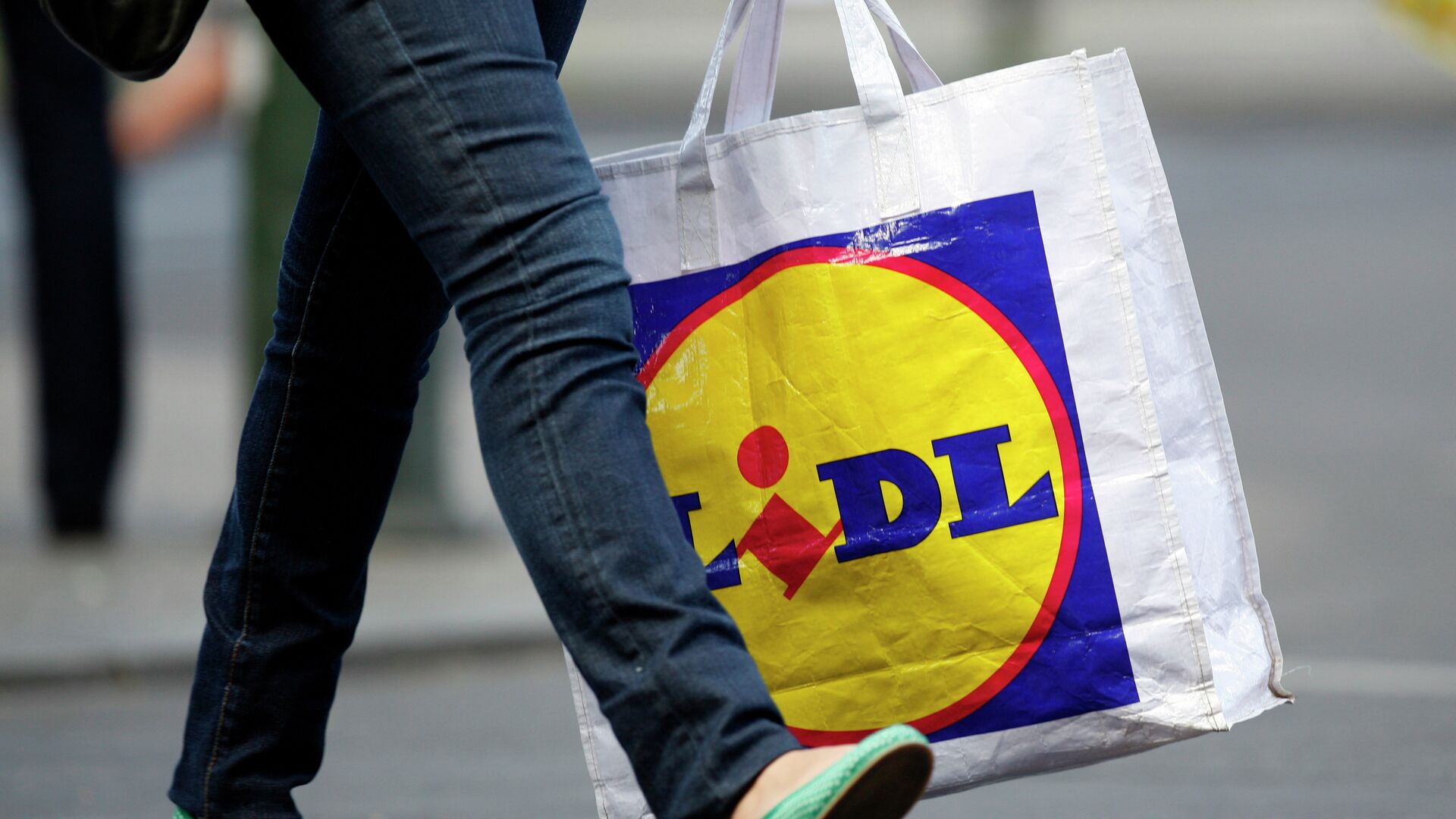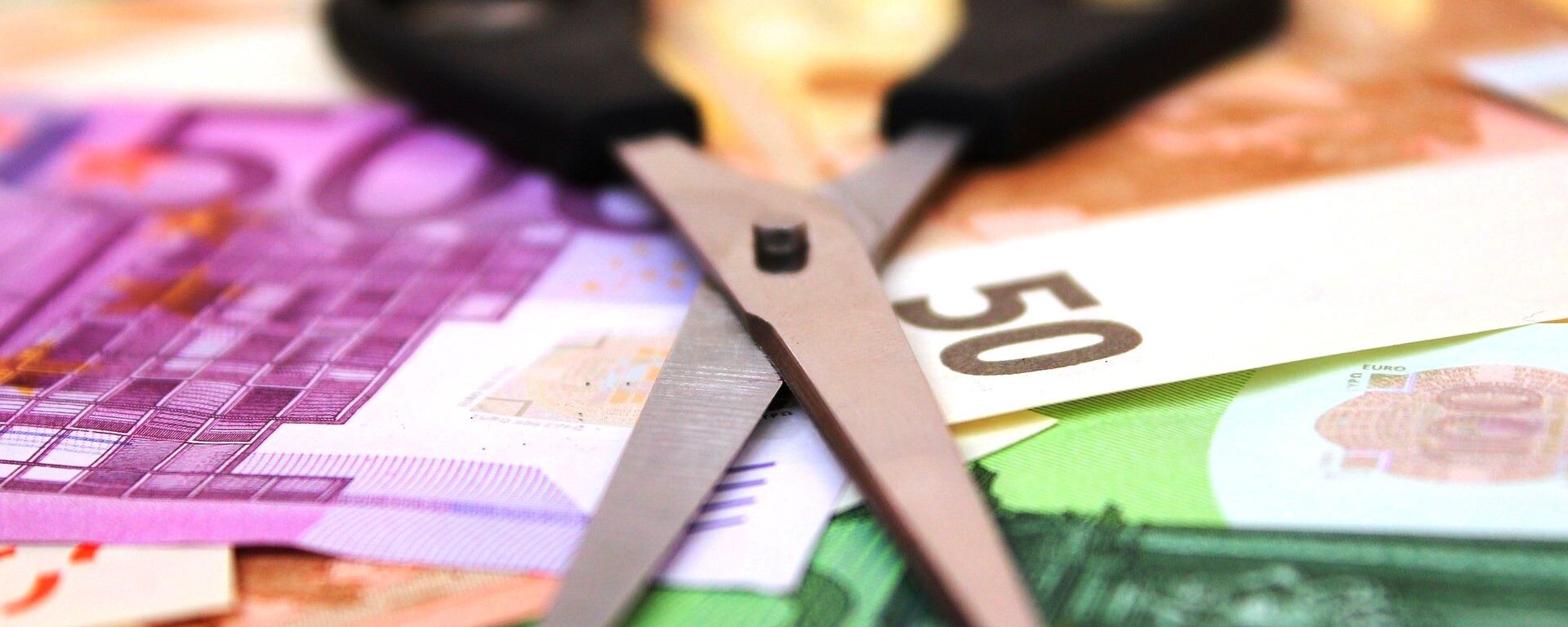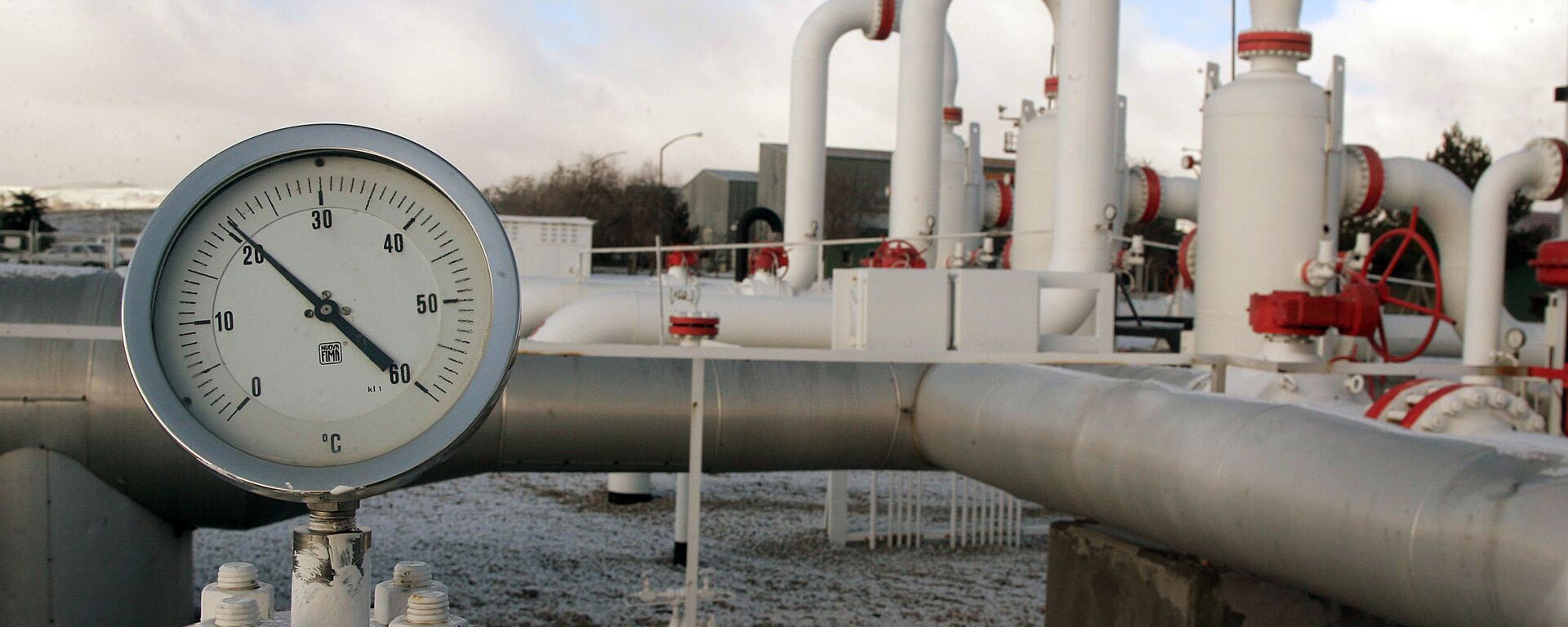Germans Suffer ‘Inflationary Shock’ as Prices for Some Foods Surge by Double Digits: Report
11:38 GMT 01.05.2022 (Updated: 13:36 GMT 06.08.2022)

© AP Photo / Miguel Villagran
Subscribe
Nations across the developed world are facing an inflationary crunch unseen since the “malaise days” of the 1970s. Inflation crept upwards throughout 2021 and early 2022, and jumped further in March and April as the US and Europe sparked a self-inflicted crisis by slapping sanctions on Russia over Moscow’s military operation in Ukraine.
Germany is suffering from an “inflationary shock in food retail”, with the jump in prices seen in recent weeks – by double digits for some items – showing no signs of abating, Handelsblatt reports.
Food prices jumped more than 6 percent in the month of March, with the cost of some goods approaching double or even triple that, with fresh vegetables up 14 percent and vegetable oil up 17 percent, according to the outlet’s calculations.
Chehab Wahby, a partner at EY-Parthenon, a global consultancy, warned that prices are likely to continue their upward march, and that “lower income groups will be hit particularly hard” as a consequence.
Nuremberg-based data analytics company GfK says a record number of consumers have prepared themselves mentally for the blow, with 85 percent expecting prices on everyday goods to continue climbing – up from 77 percent before the Ukraine crisis piled onto the post-COVID inflationary crisis.
The consumer climate index, a GfK model which measures the level of consumer confidence in economic activity, projected a drop to negative 26.5 points in May – its lowest showing since measurements began, and even lower than the previous point seen in the spring of 2020 at the height of the COVID panic.
At the same time as retailers raise prices, growing consumer uncertainty is said to be causing a drop in sales, and an associated loss in income for producers and retailers alike. Last week, German meat giant Tonnies Group reported a drop in sales of nearly one billion euros in connection with the inflationary crunch.
The crisis is also causing a further monopolisation of the food industry, with discount retailer giants like Aldi and Lidl picking up market share lost by smaller specialist shops such as butchers, who cannot afford to keep prices down through economies of scale.
On Thursday, Germany’s Federal Statistical Office reported that it expects inflation to hit 7.4 percent in April, up 0.8 percent compared to March, and up 7.8 percent year-on-year. The last time inflation reached above 7 percent in the Federal Republic was in 1972.
Consumers in countries worldwide have been struggling with an inflationary crunch since 2021. The jump has been blamed on factors ranging from the consequences of pumping vast amounts of money into economies during COVID shutdowns, to a global supply chain crisis – again blamed on COVID, to trillions in new government spending in the US and Europe, to other factors – like calculated moves by hedge funds to binge-buy real estate.
The crisis has been exacerbated in the weeks that have followed Moscow’s decision to launch a military operation in Ukraine, with Germany, the US, and their allies slapping thousands of new sanctions on Russia and taking steps to measurably reduce dependence on Russian energy supplies and natural resources. Economic leaders in Germany and other industrial giants have warned that outright bans on Russian gas, oil, and other raw materials threaten to cripple economies and cause a crisis unseen since the Second World War.


